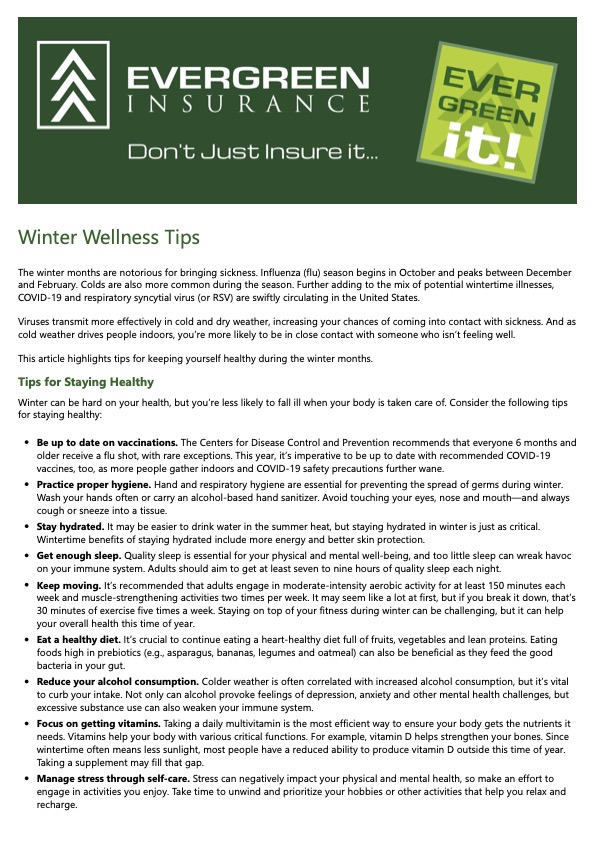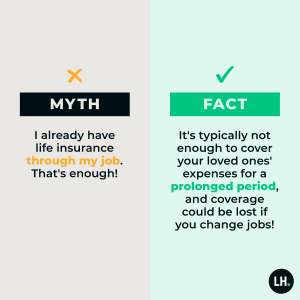Artificial Intelligence, or AI, is all the rage these days. It can write your essay, it can create new family recipes, it can even diagnose your illness.
Or can it? Perhaps a better question may be: Should it?
While AI is not meant to replace professional, human-based health care providers, it has the potential to serve as a good supplementary resource to increase your health literacy and get some answers more quickly. At the same time, health care providers continue working to find ways to harness the power of AI, instead of relying solely on it. By seeing AI as a valuable tool – instead of their replacement – health care providers can leverage the enormous pool of information and the deeper ability to analyze and interpret it, to make their jobs even more effective.
Individuals would be wise to see the emergence of AI as a tool, as well, especially when trying to diagnose an illness. While AI represents great potential, it’s important to understand the limitations and pitfalls inherent in an over-reliance on this digital universe, including accessing false or faulty information, misinterpreting that information, dealing with ethical concerns about privacy, and most concerning, ignoring the advice of trained medical professionals.
Make no mistake, AI looks to be able to offer some attractive advantages, like reduced costs, increased accessibility to information, quicker assessment of a medical situation, greater health literacy, and anonymity. This tool will most likely have an increasingly prominent role to play in health care moving forward.
But the warning today is for the inexperienced user – the patient – to rely on AI as a single source to figure out what is going on with a personal health concern. The chances of making an erroneous self-diagnosis can result in letting a legitimate problem fester unnecessarily, handling an issue with the wrong treatment protocols, or even making a serious situation even worse.
Contact your health care provider for the most accurate and personalized information and guidance. The Benefits team at Evergreen Insurance can offer information on this and many other benefits-related topics.
Copyright 2024 Evergreen Insurance
Evergreen Insurance provides these updates for information only, and does not provide legal advice. To make decisions regarding insurance matters, please consult directly with a licensed insurance professional or firm.








